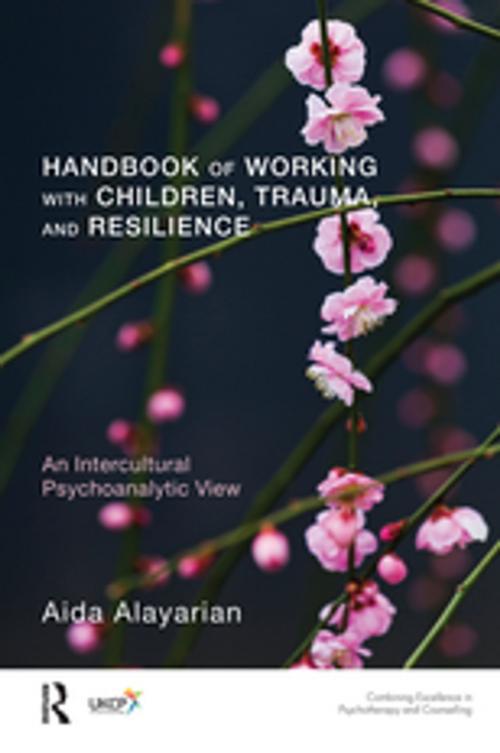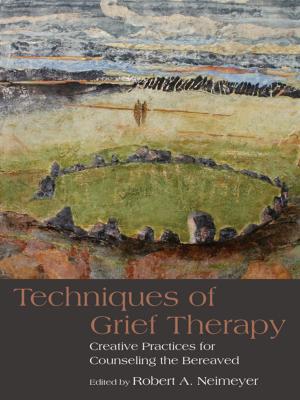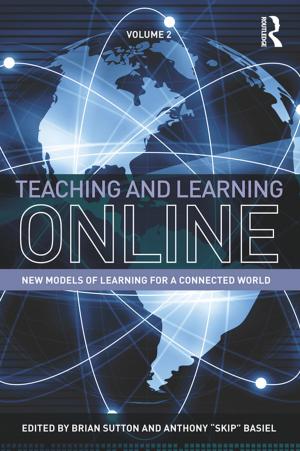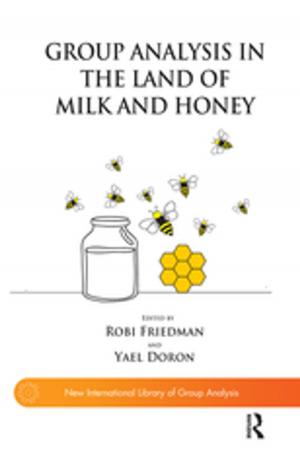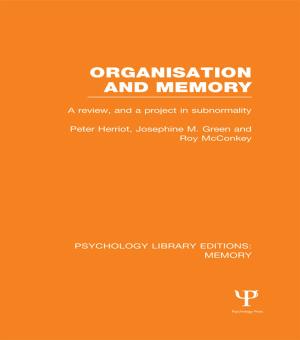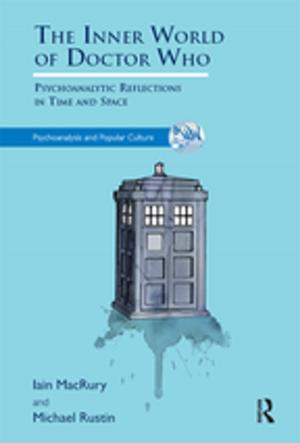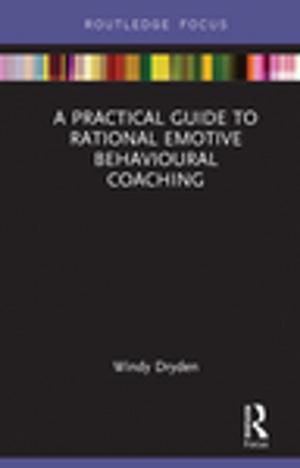Handbook of Working with Children, Trauma, and Resilience
An Intercultural Psychoanalytic View
Nonfiction, Health & Well Being, Psychology, Mental Health| Author: | Aida Alayarian | ISBN: | 9780429914423 |
| Publisher: | Taylor and Francis | Publication: | May 8, 2018 |
| Imprint: | Routledge | Language: | English |
| Author: | Aida Alayarian |
| ISBN: | 9780429914423 |
| Publisher: | Taylor and Francis |
| Publication: | May 8, 2018 |
| Imprint: | Routledge |
| Language: | English |
This book is a psychoanalytic discussion of the effects of trauma and torture on children, with a specific focus on how professionals can use an approach focused on resiliency rather than vulnerability to help the child reach wellbeing.Aida Alayarian argues that in a world where the torture, maltreatment, and neglect of children shamefully persist, it is incumbent upon all of us to intervene appropriately to put a stop to it. Whether in conference rooms developing a more comprehensive policy to hold perpetrators accountable, or working in clinics where traumatised children and their families seek help, the question of how we act to improve the opportunity for recovery in children and young people subjected to such inhumane treatment should be our primary concern. Handbook of Working with Children, Trauma, and Resilience discusses this salient issue, drawing on psychoanalytic perspectives of the effects of trauma on children, and looking specifically at the case of refugee children and families. Understanding challenging behaviour in traumatised children and the effects of refugee experience on families can help all concerned to offer more appropriate and effective support.
This book is a psychoanalytic discussion of the effects of trauma and torture on children, with a specific focus on how professionals can use an approach focused on resiliency rather than vulnerability to help the child reach wellbeing.Aida Alayarian argues that in a world where the torture, maltreatment, and neglect of children shamefully persist, it is incumbent upon all of us to intervene appropriately to put a stop to it. Whether in conference rooms developing a more comprehensive policy to hold perpetrators accountable, or working in clinics where traumatised children and their families seek help, the question of how we act to improve the opportunity for recovery in children and young people subjected to such inhumane treatment should be our primary concern. Handbook of Working with Children, Trauma, and Resilience discusses this salient issue, drawing on psychoanalytic perspectives of the effects of trauma on children, and looking specifically at the case of refugee children and families. Understanding challenging behaviour in traumatised children and the effects of refugee experience on families can help all concerned to offer more appropriate and effective support.
